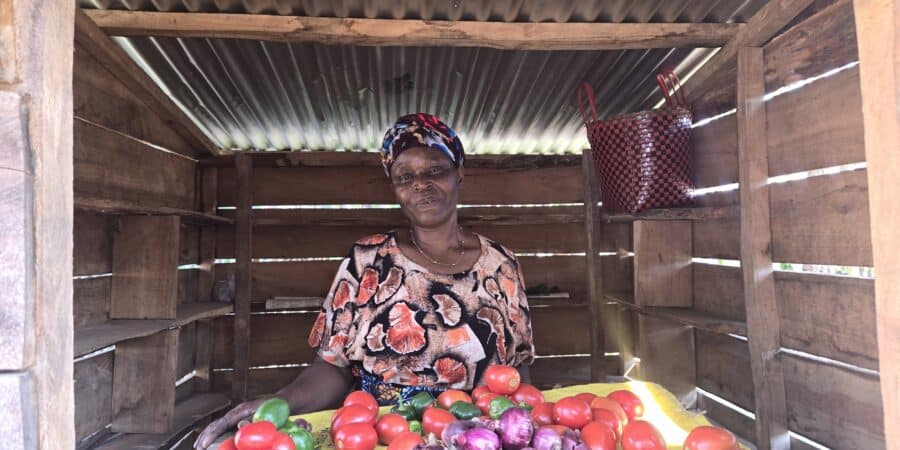Extreme poverty in Sub-Saharan Africa is living in conditions that most people would find unimaginable. According to World Bank estimates, more than 413 million people across Africa live on less than $2.15 per day. The reality of poverty differs greatly depending on the country and whether you’re in an urban or rural setting—but for many, it means lack of access to food, clean water, healthcare, education, and economic opportunity.
While short-term aid can temporarily ease suffering, the question remains: how do we create lasting change?
At Microfinancing Partners in Africa (MPA), we believe that the answer lies in empowerment, not charity. That’s why every one of our programs is built around microfinance—a powerful tool that equips individuals with the resources and training they need to lift themselves and their communities out of poverty for good.
Why Short-Term Aid Isn’t Enough
There’s no doubt that charitable gifts, food packages, and emergency relief have their place—particularly in crisis situations. However, short-term aid often addresses the symptoms of poverty without tackling its root causes. Once the aid ends, people are left in the same vulnerable position as before, waiting for the next handout.
Short-term aid:
- Creates dependence rather than independence
- Provides only temporary relief
- Doesn’t build economic infrastructure or opportunity
- Often lacks follow-through or long-term strategy
The Microfinance Difference: Investing in Human Potential
Microloans, in contrast, offer people a hand up, not a handout. Through access to small loans, individuals—often women—are able to:
- Start small businesses (like farming, tailoring, or selling handmade goods)
- Join saving collectives that foster financial discipline and security
- Create a sustainable income source that supports their family long-term
- Invest in health, education, and housing
These are not charity cases. These are entrepreneurs. People who are ready and eager to work, but simply need access to capital and support.
Microfinancing is a collaborative approach that honors the dignity of the individual. At MPA, we walk alongside our partners—offering training, support, and accountability—so that they are equipped to break the cycle of generational poverty for good.
Aligning with the United Nations Sustainable Development Goals
Every MPA program is aligned with the United Nations Sustainable Development Goals (SDGs)—specifically the first six:
- No Poverty
- Zero Hunger
- Good Health and Well-being
- Quality Education
- Gender Equality
- Clean Water and Sanitation
We recognize that poverty is not one-dimensional. Education helps prevent generational poverty. Clean water prevents disease. Healthcare increases productive hours. And income enables people to feed their families, keep children in school, and invest in their future.
By addressing multiple areas of need, microfinance becomes a comprehensive solution to a complex problem.
Real Transformation, Real Impact
Since our founding in 2006, Microfinancing Partners in Africa has witnessed remarkable transformation. We’ve seen widows become leaders in their communities, small farms grow into cooperatives, and children gain the opportunity to attend school for the first time.
These stories are not just feel-good moments—they are the evidence that microfinance works.
And the best part? Your support isn’t charity. It’s an investment. Every dollar you give helps unlock the potential of someone ready to thrive. It’s not a one-time gift—it’s a catalyst for generational change.
Join Us in Making a Lasting Difference
If you’re looking to make a lasting impact—one that extends far beyond temporary relief—microfinance is the way forward.
Support Microfinancing Partners in Africa today and become part of a sustainable, empowering, and transformational movement.
Together, we can turn the tide on extreme poverty—not for a moment, but for a lifetime.
Want to get involved?
Visit microfinancingafrica.org to learn more, donate, or become a monthly supporter.

